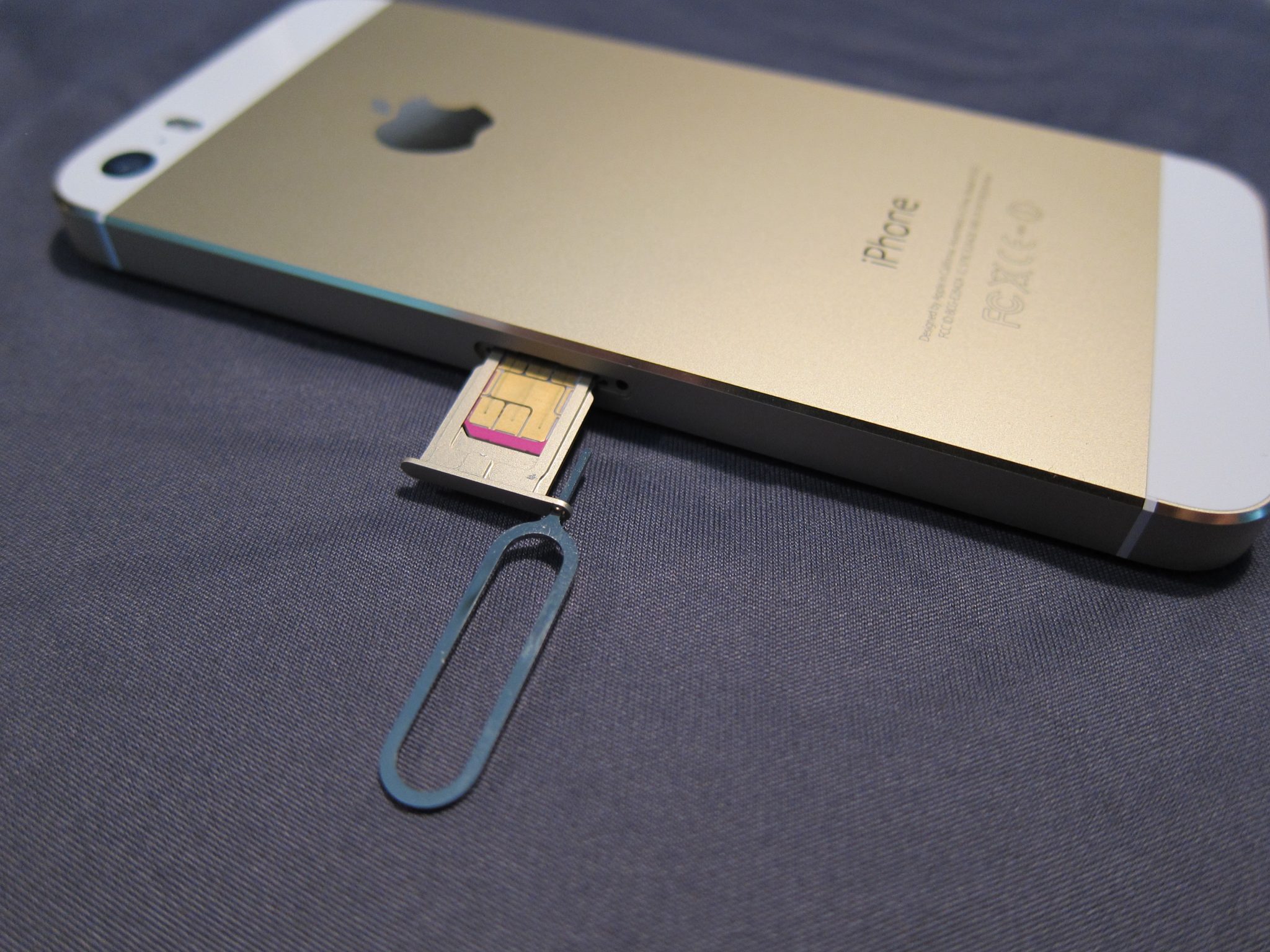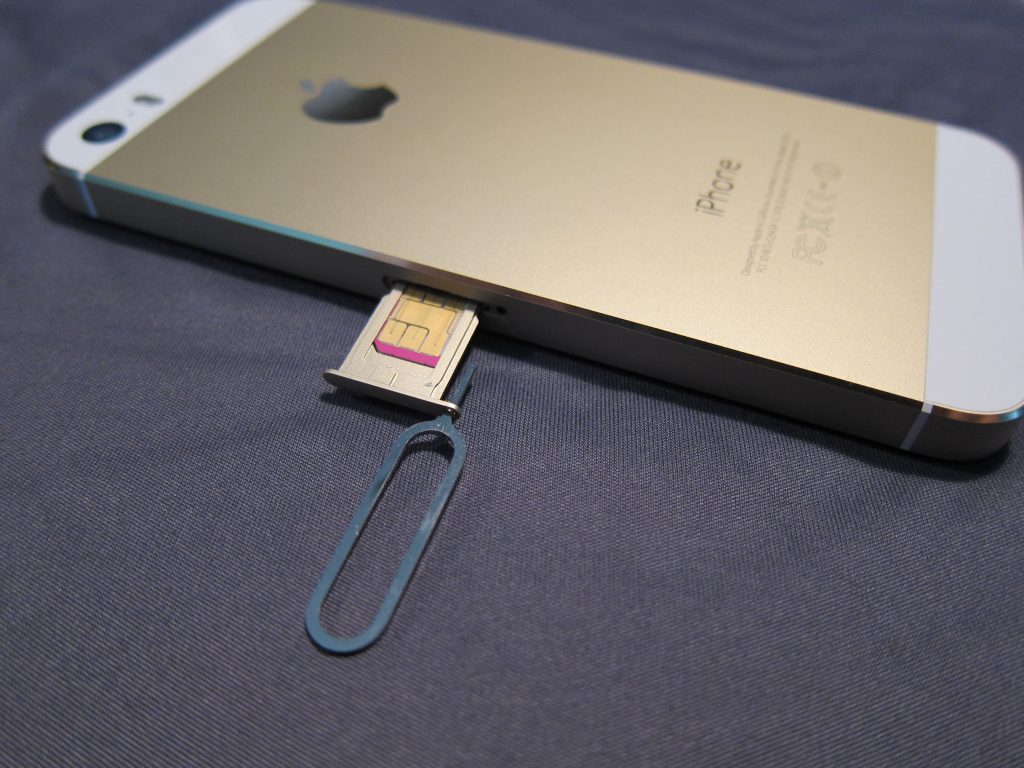The software that enhances the privacy of your iPhone could be at risk, if a recent New York bill is anything to go by.
A proposition currently running through the N.Y. State Assembly means that smartphone manufacturers — like Apple — may be forced to decrypt your device if requested to do so by law enforcement.
The bill, which will have immediate effect if passed, means that smartphone manufacturers and operating system providers would be forced to create back-doors in their mobile security.
This is to allow authorities to access the data on the phone, which in turn will aid criminal investigations.
“The fact is that, although the new software may enhance privacy for some users, it severely hampers law enforcement’s ability to aid victims,” writes Matthew Titone in the bill’s explanatory notes.
“All of the evidence contained in smartphones and similar devices will be lost to law enforcement, so long as the criminals take the precaution of protecting their devices with passcodes. Of course they will do so. Simply stated, passcode-protected devices render lawful court orders meaningless and encourage criminals to act with impunity.”
The U.K. recently introduced a similar law, dubbed ‘The Investigatory Powers Bill’. This motion also requires companies to provide help to government departments.
Apple, alongside other smartphone manufacturers, have been actively fighting laws like this across the world. They argue that creating exploitable back-doors in their devices leaves them open to attacks from criminals and hackers.
Don’t go deleting all your nude selfies yet, however. The New York bill is soon to be moved to the floor calendar, followed by voting in the assembly and the senate.
For more on recent security issues, check out why American parents have raised numerous concerns with web-giant Google.



